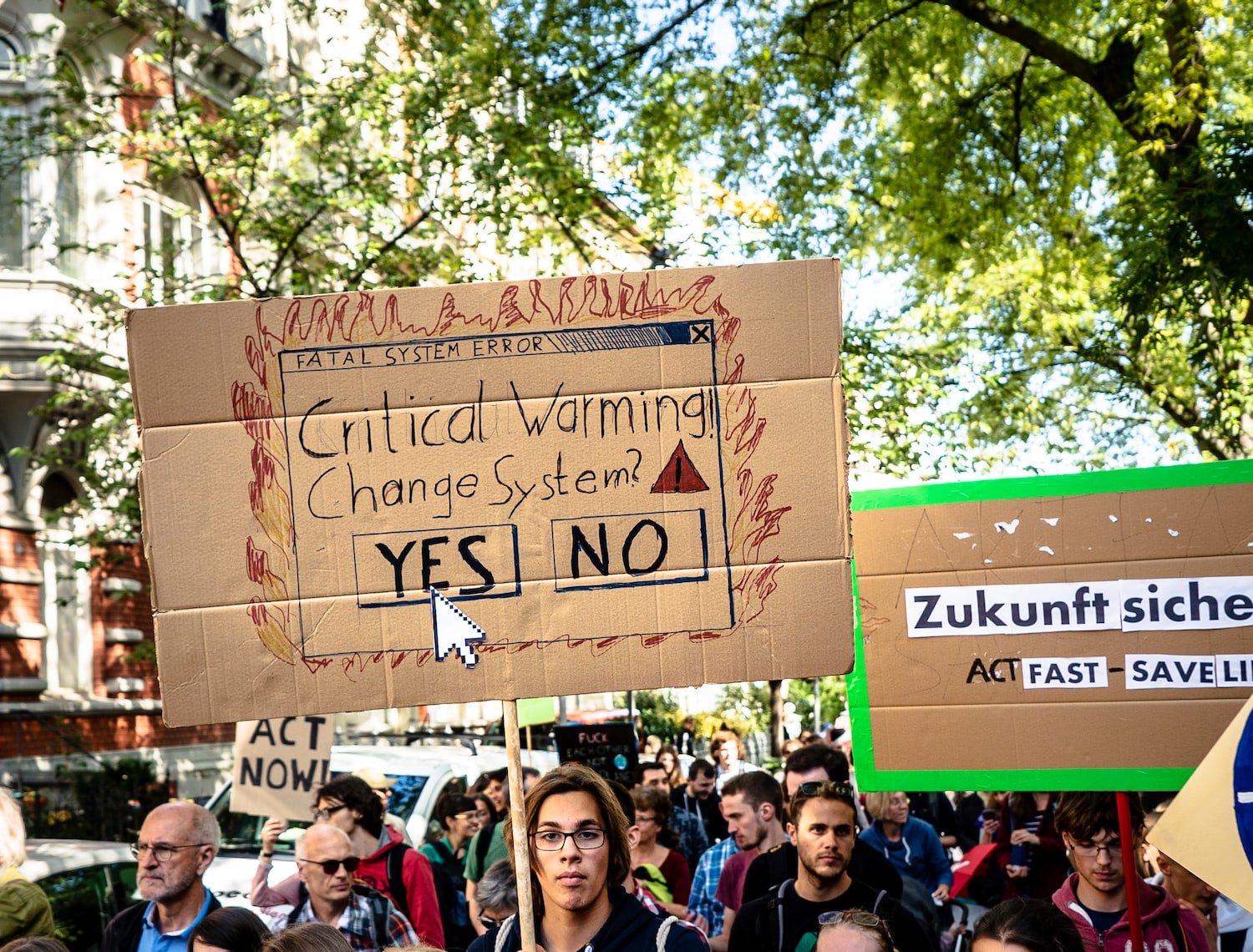Understanding the Urgency of Global Warming


Understanding the Urgency of Global Warming
Introduction
Global warming, a consequence of human activities, has emerged as one of the most pressing challenges of our time. It refers to the gradual increase in the Earth's average surface temperature due to the accumulation of greenhouse gases in the atmosphere. This article delves into the causes, impacts, and potential solutions to the global warming crisis.

Causes of Global Warming
Greenhouse Gas Emissions: The primary driver of global warming is the release of greenhouse gases, such as carbon dioxide (CO2), methane (CH4), and nitrous oxide (N2O), into the atmosphere. These gases trap heat from the sun, leading to a gradual rise in temperature.
Burning Fossil Fuels: The burning of fossil fuels, including coal, oil, and natural gas, for energy production and transportation is a major source of CO2 emissions. This accounts for a significant portion of global greenhouse gas emissions.

Deforestation: Cutting down forests not only reduces the planet's capacity to absorb CO2 but also releases stored carbon into the atmosphere. This contributes to global warming.
Impacts of Global Warming
Rising Temperatures: Global warming leads to higher temperatures, resulting in more frequent and severe heatwaves, particularly in urban areas.
Melting Ice and Rising Sea Levels: The warming climate causes glaciers and polar ice caps to melt, leading to rising sea levels. This threatens coastal communities and ecosystems.
Extreme Weather Events: Increased global temperatures are linked to more frequent and intense weather events like hurricanes, droughts, and floods.
Biodiversity Loss: Many species struggle to adapt to the rapid changes in temperature and habitat, leading to biodiversity loss.
Ocean Acidification: The absorption of excess CO2 by the oceans causes acidification, which harms marine life and ecosystems.
Solutions to Global Warming
Transition to Clean Energy: Shifting from fossil fuels to renewable energy sources like solar, wind, and hydroelectric power can significantly reduce greenhouse gas emissions.
Energy Efficiency: Improving energy efficiency in industries, transportation, and buildings reduces energy consumption and emissions.
Afforestation and Reforestation: Planting trees and restoring forests can sequester carbon and mitigate the effects of global warming.
Carbon Pricing: Implementing policies like carbon taxes or cap-and-trade systems can incentivize businesses to reduce emissions.
Climate Education: Raising awareness and educating the public about the consequences of global warming is crucial in driving individual and collective action.
Conclusion
Global warming is an existential threat that requires immediate and concerted efforts on a global scale. Addressing this crisis demands cooperation among governments, industries, and individuals. By reducing greenhouse gas emissions, transitioning to clean energy, and taking proactive steps to mitigate its impacts, we can work towards a more sustainable and resilient future for our planet. The time to act is now, for the consequences of inaction are becoming increasingly dire.


